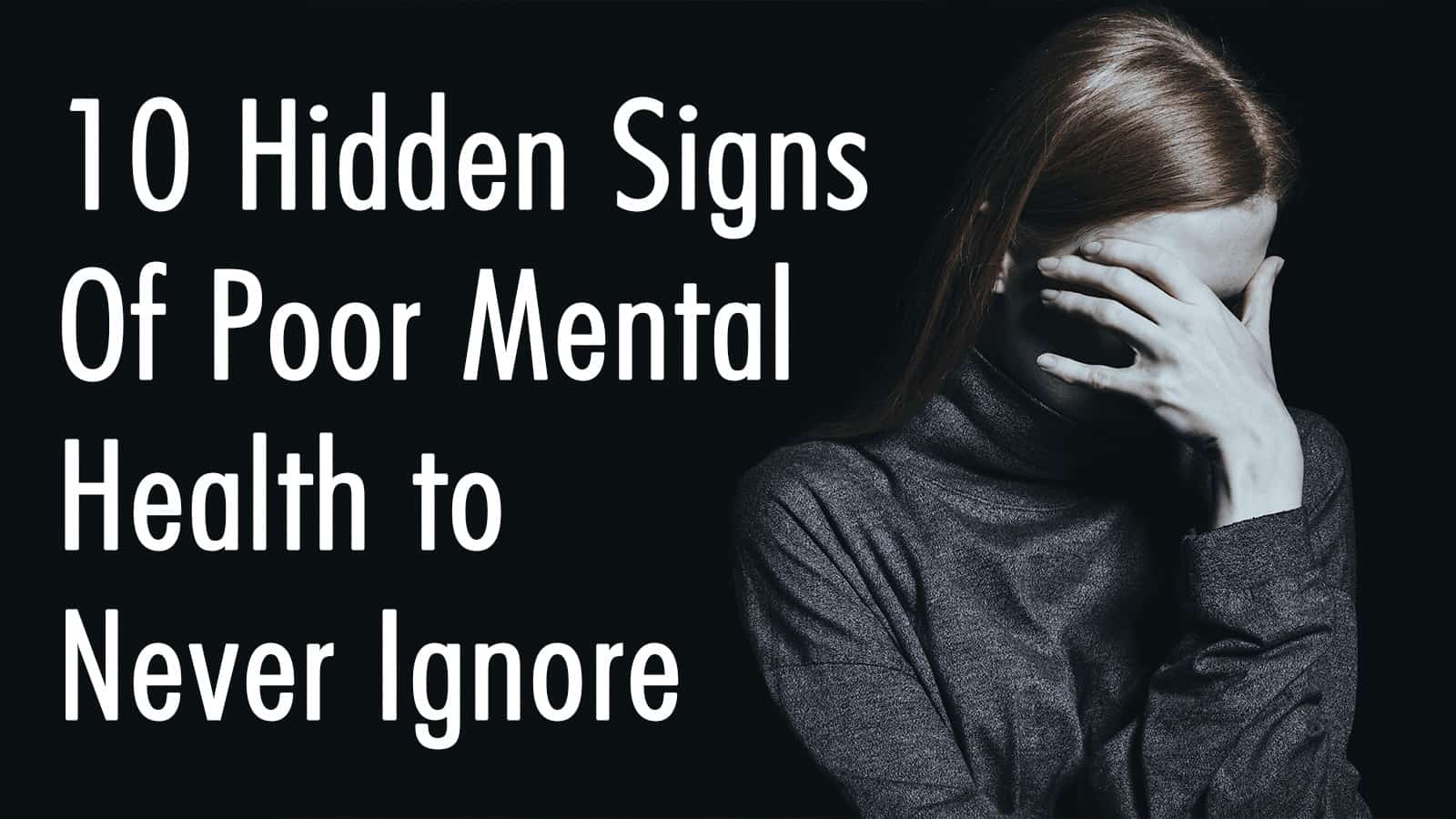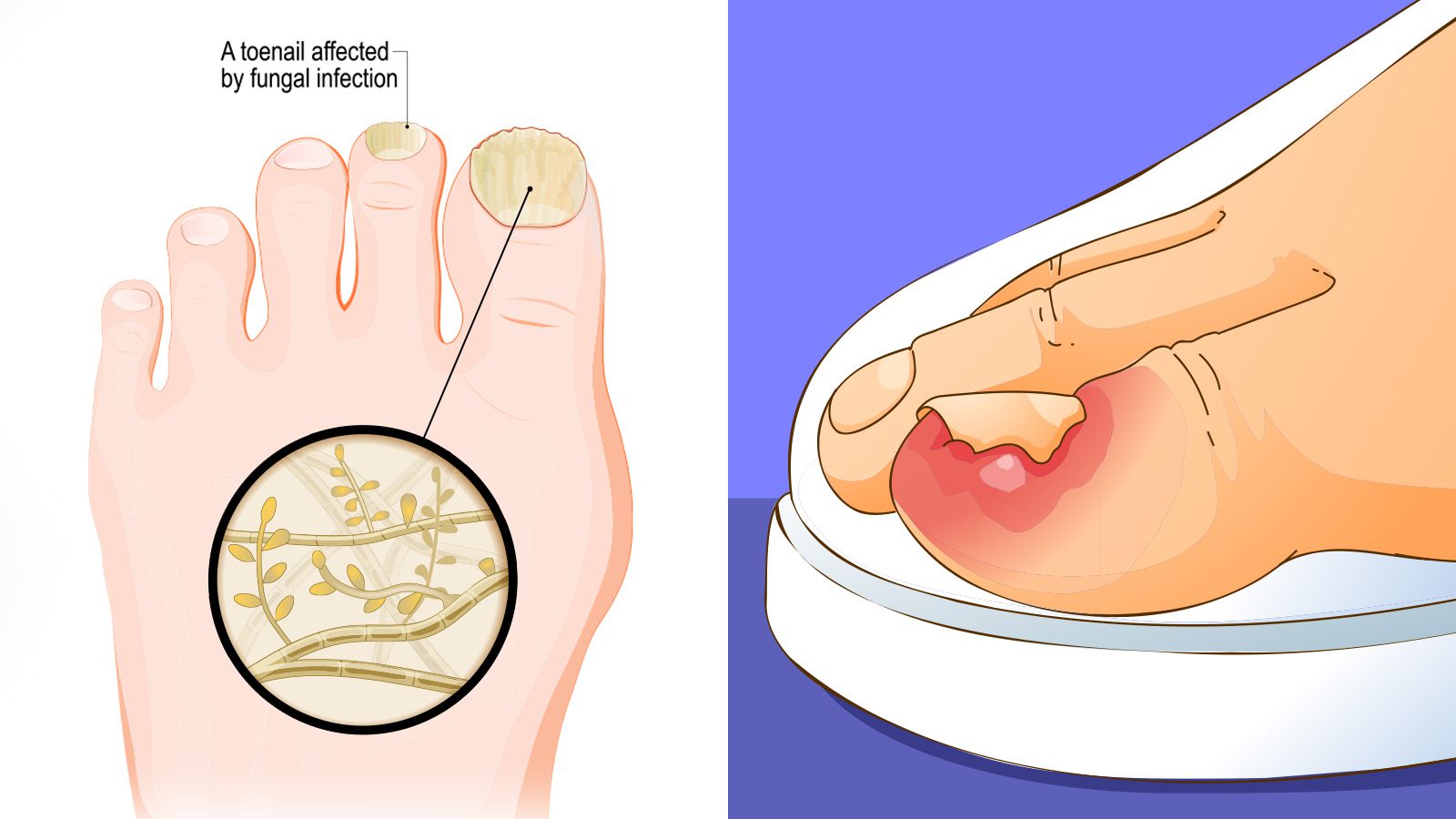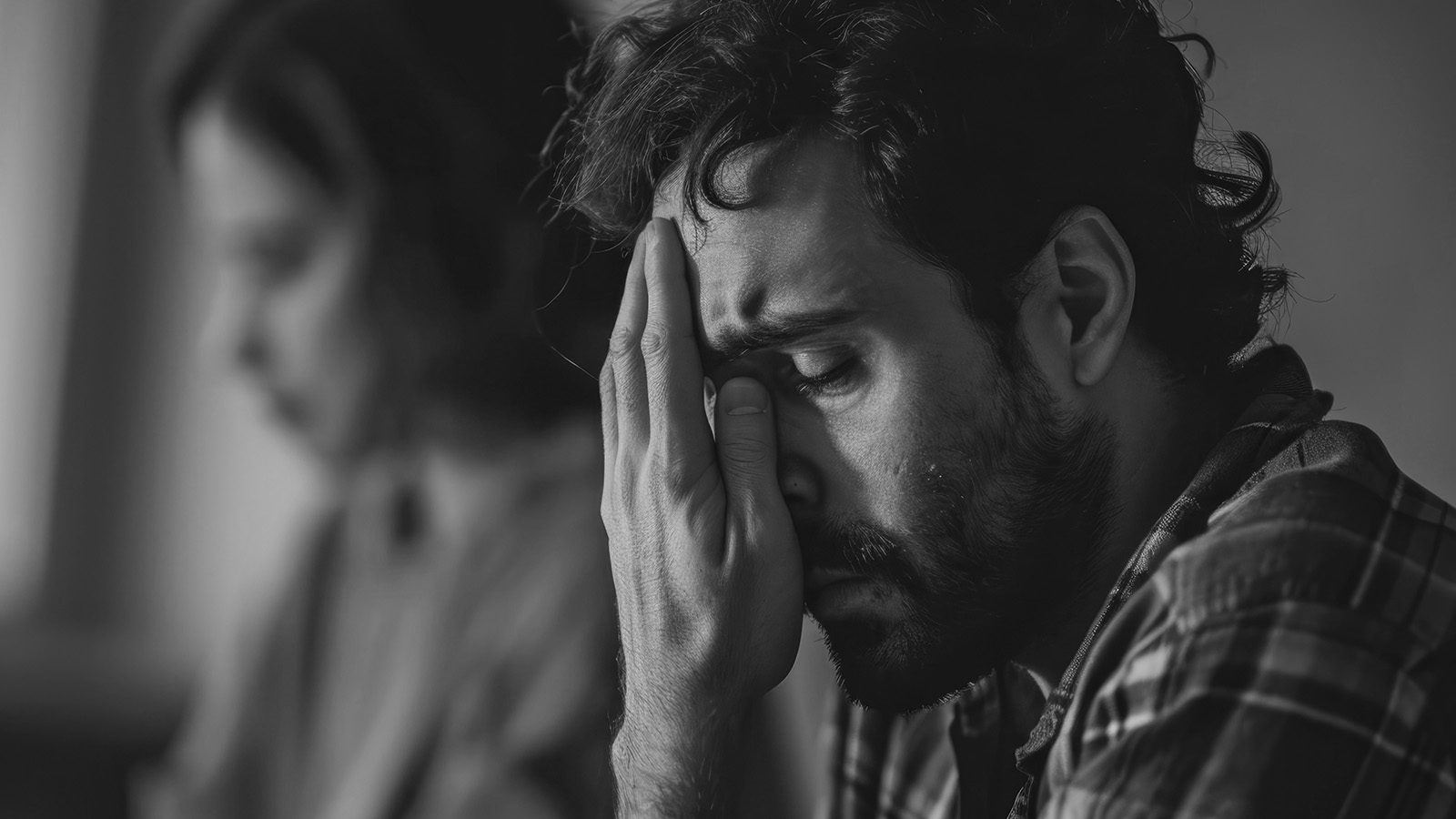“Mental health needs a great deal of attention. It’s the final taboo and it needs to be faced and dealt with.” – Adam Ant
In today’s world full of stressful factors, it’s no wonder that mental health awareness is at an all-time high. More and more adults are reporting mental health issues. Organizations across the world are producing helpful guides on how to recognize mental health problems with your friends, co-workers, and family.
What should you do if you think someone is struggling with a mental health problem? Many people feel afraid to speak out and worry that their involvement may make the situation worse. The truth is that the nature of the person’s mental illness may make it difficult for them to ask for help. Therefore, stepping in to offer help is never the wrong thing to do. There are helplines you can direct them to, which are confidential, free, and staffed by professionals who can always provide assistance.
The warning signs that someone is struggling with their mental health should never be ignored. In fact, some symptoms of depression and anxiety may well signify other conditions, such as bipolar disorder.
Finally, there is also an urgent need for more recognition. According to research, over 77% of employees in all walks of life experience mental health issues while their managers feel under-equipped and under-prepared to help them.
Here are some telltale signs that someone may be struggling with their mental health. Bear in mind that this article contains possible “trigger” topics including self-harm, drug and alcohol abuse, and other unhealthy behaviors.
Here Are 10 Hidden Signs of Poor Mental Health To Never Ignore
1. Isolation
If you notice someone canceling on their friends or closing themselves off when it comes to social events, this may be a warning sign. Try to talk to them and find out what’s causing their isolation. Suggest some helplines they can call to help them feel less alone. Very often, people with depression see no point in meeting with anyone, feeling they will only drag others down or that no one wants to be with them. As such, they avoid contact with others as much as possible.
2. Lack of personal hygiene
This is a symptom many people ignore, but it’s one of the most telling ones. If someone with impeccable personal hygiene starts going days without washing their clothes or taking a shower, this should ring a big alarm bell. It means that they can’t motivate themselves to get out of bed even for self-care. Don’t be disgusted or turn away; instead, talk to them to see what’s wrong.
3. Fatigue
Depression and anxiety bring about sleep issues such as insomnia. Those suffering from anxiety may stay up all night thinking (and overthinking) about everything under the sun. Therefore, once they’re up and about, they may look like they haven’t slept for weeks. If you see someone suffering from fatigue, try to talk to them. Bear in mind that while fatigue may be a symptom of many things, it’s also a symptom of poor mental health.
4. Changing moods
Anxiety, anger, moodiness, and other sudden changes in mood can be caused by mental illness. Additionally, extrapolating every little thing – such as blaming themselves for small accidents and mistakes – often leads to catastrophizing and thinking about the worst-case scenario. Such thought processes can indicate mental issues.
5. Risky behavior
Excessive drinking and drug use aren’t always caused by mental illness; however, they can be an important symptom of it. People suffering from poor mental health may look for something to bring meaning to their life – meaning that they believe has been lost forever. They may turn to drugs and alcohol to fill that void. If you notice this kind of destructive behavior, please consider getting them help immediately.
6. Self-harm
This is one of the most obvious ones and yet it is startling how many people avoid it just because they’re too ashamed to talk about it. People who self-harm are often good at hiding it, but it only takes a more skilled eye to notice. Always take action if you see it, even if you don’t think it’s the right thing to do. You never know when self-harming actions may escalate into something life-threatening.
7. Trouble concentrating
Many people are under the misconception that trouble concentrating has only to do with ADHD. In fact, many people who struggle with depression and other mental health conditions exhibit this as a common symptom. It’s because the depressive and anxious thoughts make it difficult for anything else to enter their brain. It’s often overlooked but definitely something to watch out for.
8. Physical symptoms
It’s commonly thought that mental illness has no physical manifestations, but that’s not true. Anxiety and depression can cause nausea, vomiting, high fever, shivering, and panic attacks. This lowers energy levels and makes it even harder for mental illness sufferers to look after themselves. Keep an eye out for these and don’t just dismiss them as a stomach bug!
9. Running away from responsibilities
Absence from work or school, failing to call up for appointments or pay bills can all be serious signs of mental illness. It is difficult to find the motivation to do anything when you feel like your life has no meaning – therefore, even necessary responsibilities can be easily overlooked.
10. Social media posts
This is a symptom unique to the digital era of the internet. People with mental illness often feel that they can voice their feelings online, on Twitter, Instagram, or Facebook, because they feel like no one would be listening. It’s very easy to feel estranged on those types of networks and want to desperately reach out to as many people as you can. If you see someone posting worrying things on their social media, don’t just scroll past. It’s very easy to do so, yet sometimes all it takes is a kind word to save someone’s life.
Final thoughts
Mental health awareness has made great progress over the last few years, but it still has a long way to go. Many people think that just positive thinking can cure all mental illness when that’s clearly not the case. Furthermore, discrimination against mental illness is rife in many workplaces. If people know more about mental illness and the symptoms of poor mental health, this is the first step to creating a culture of helping and understanding others instead of ostracizing them.















